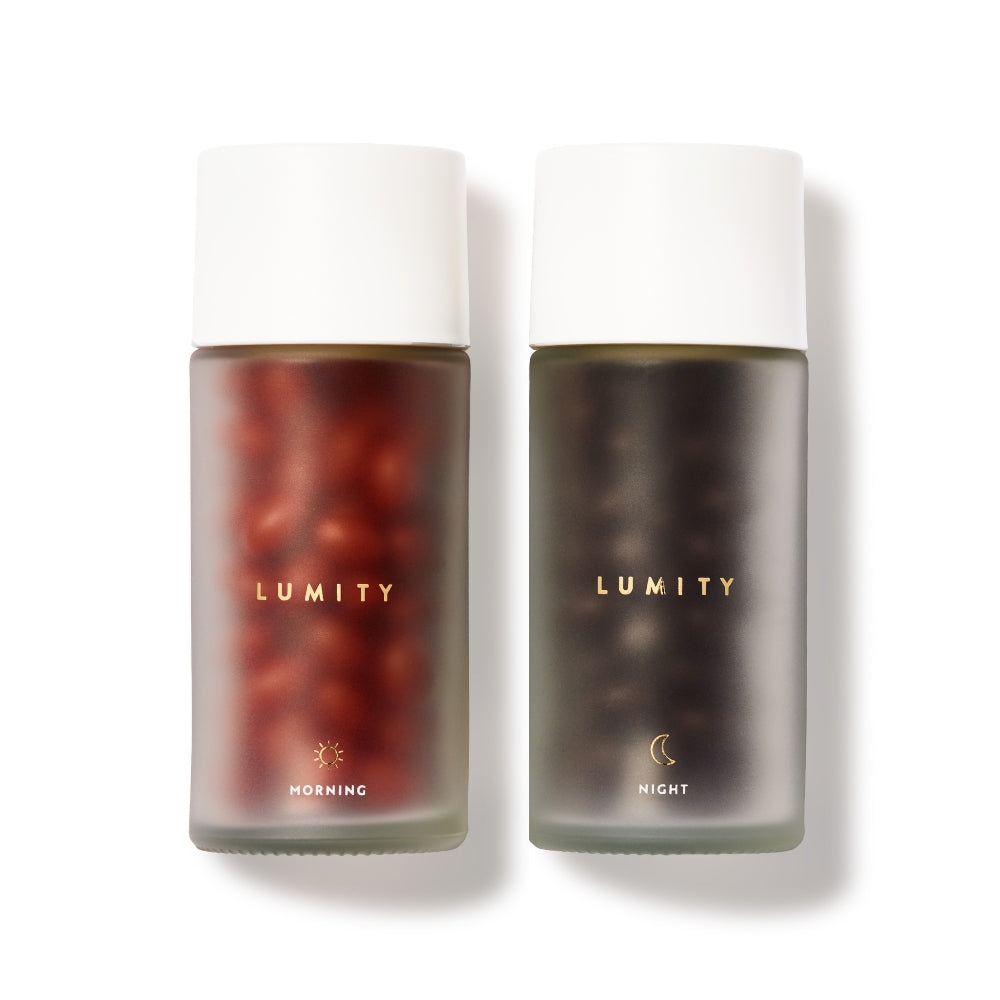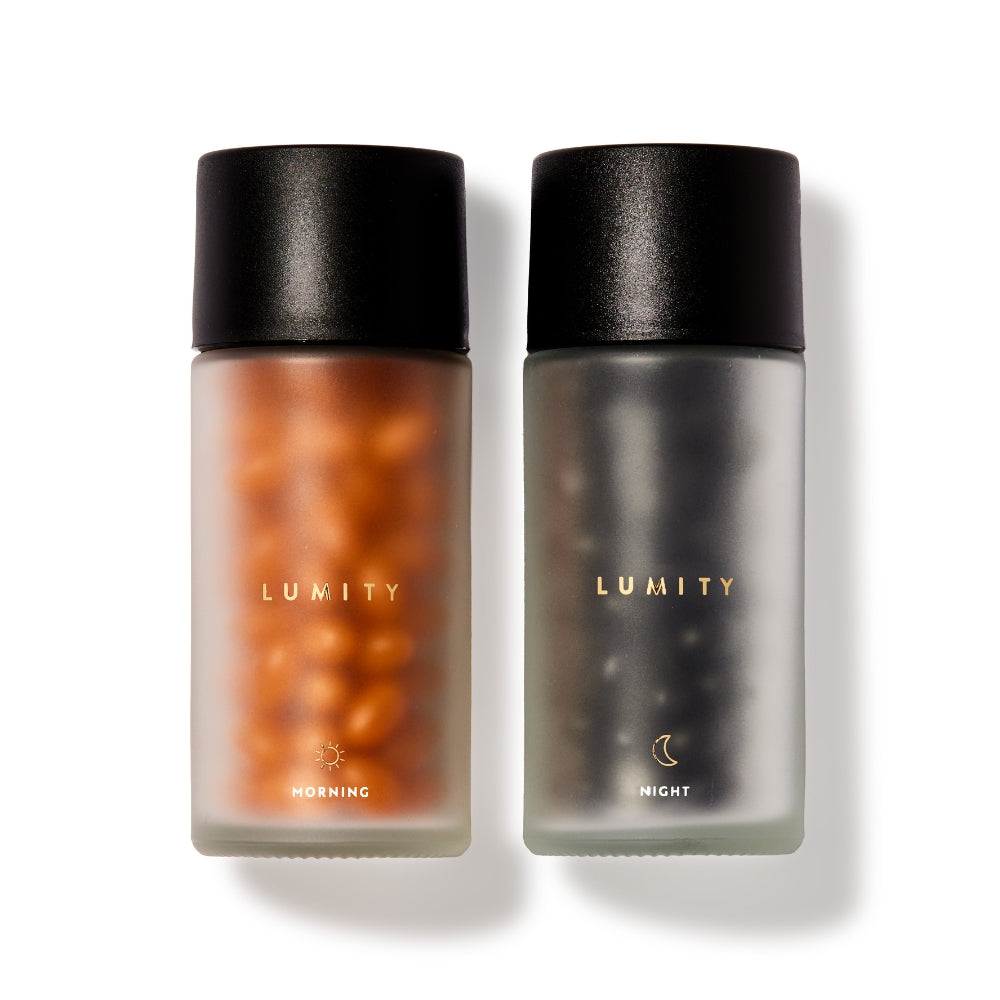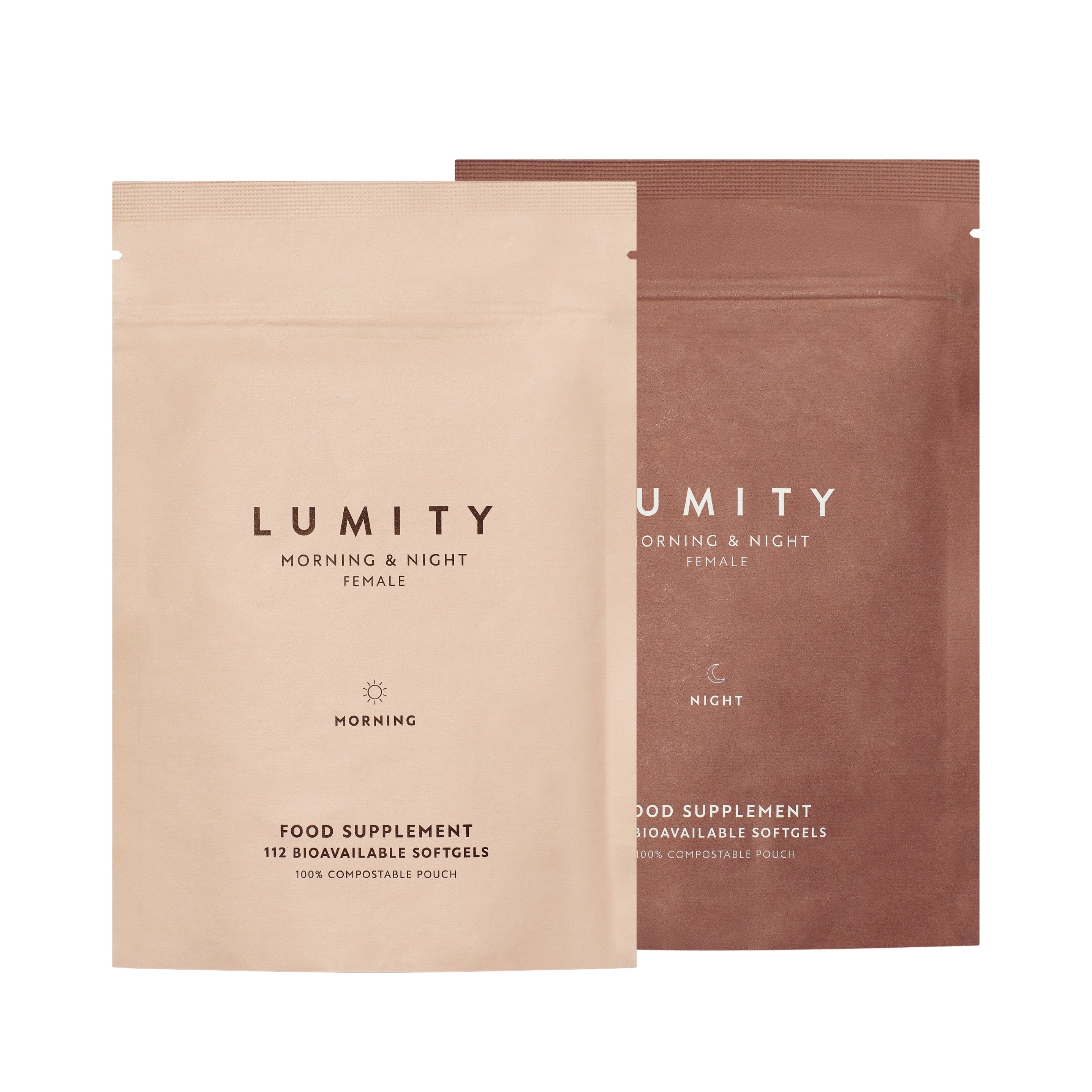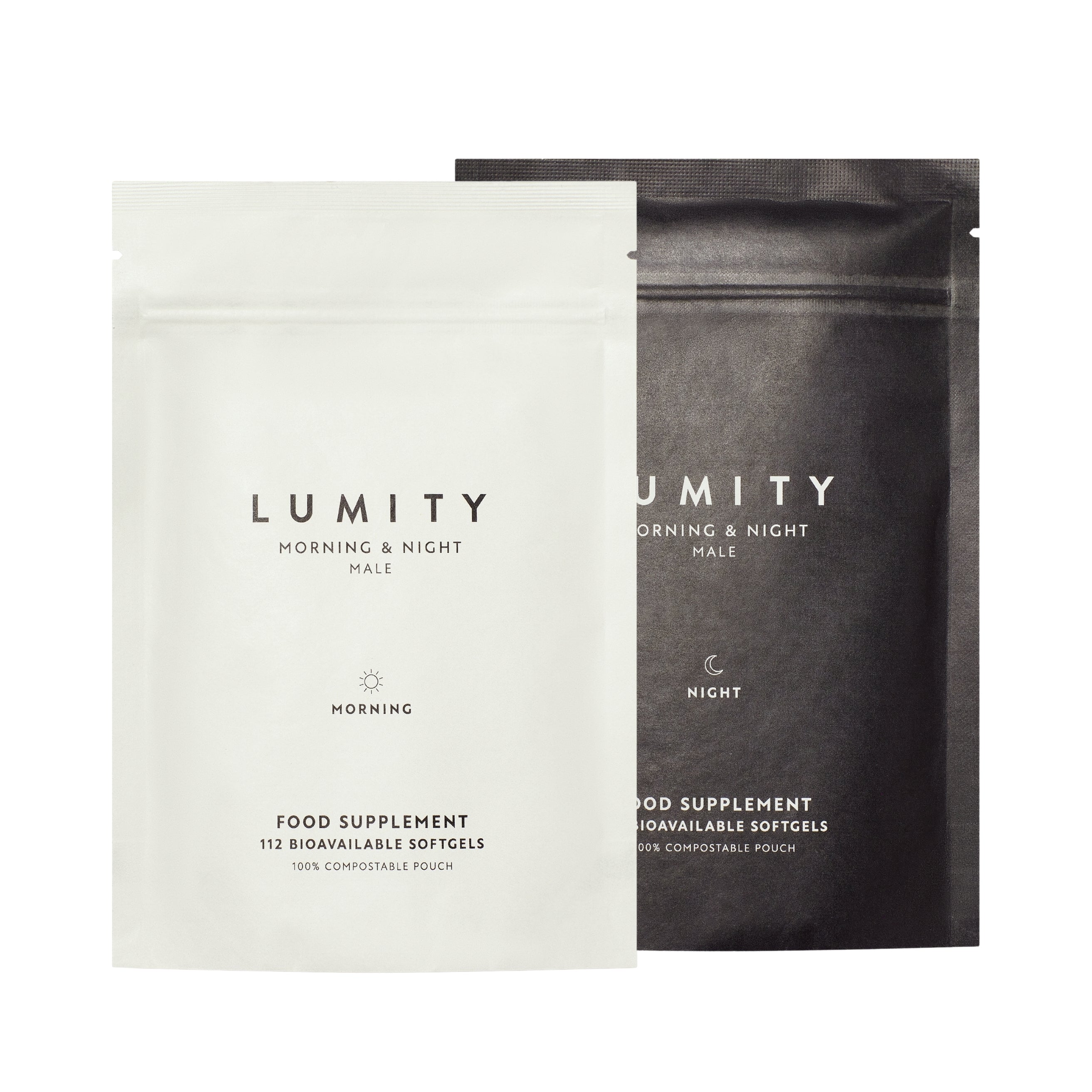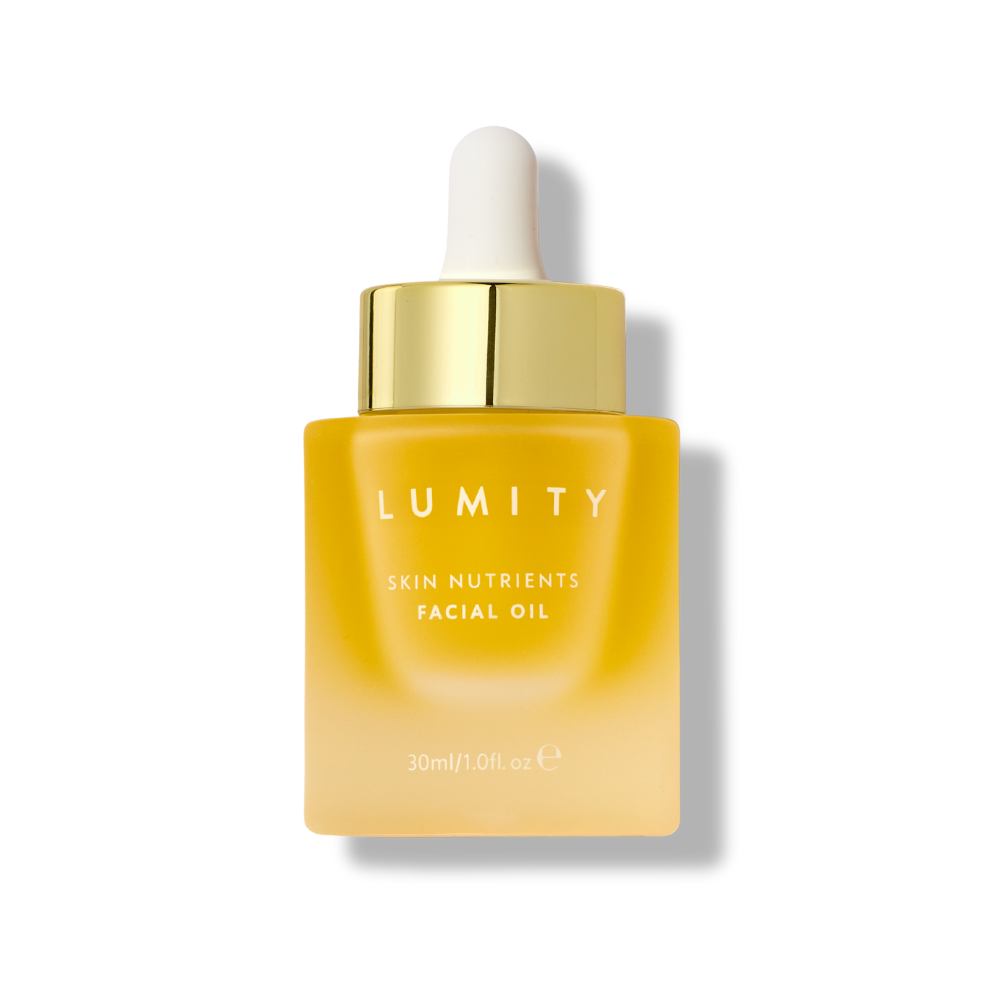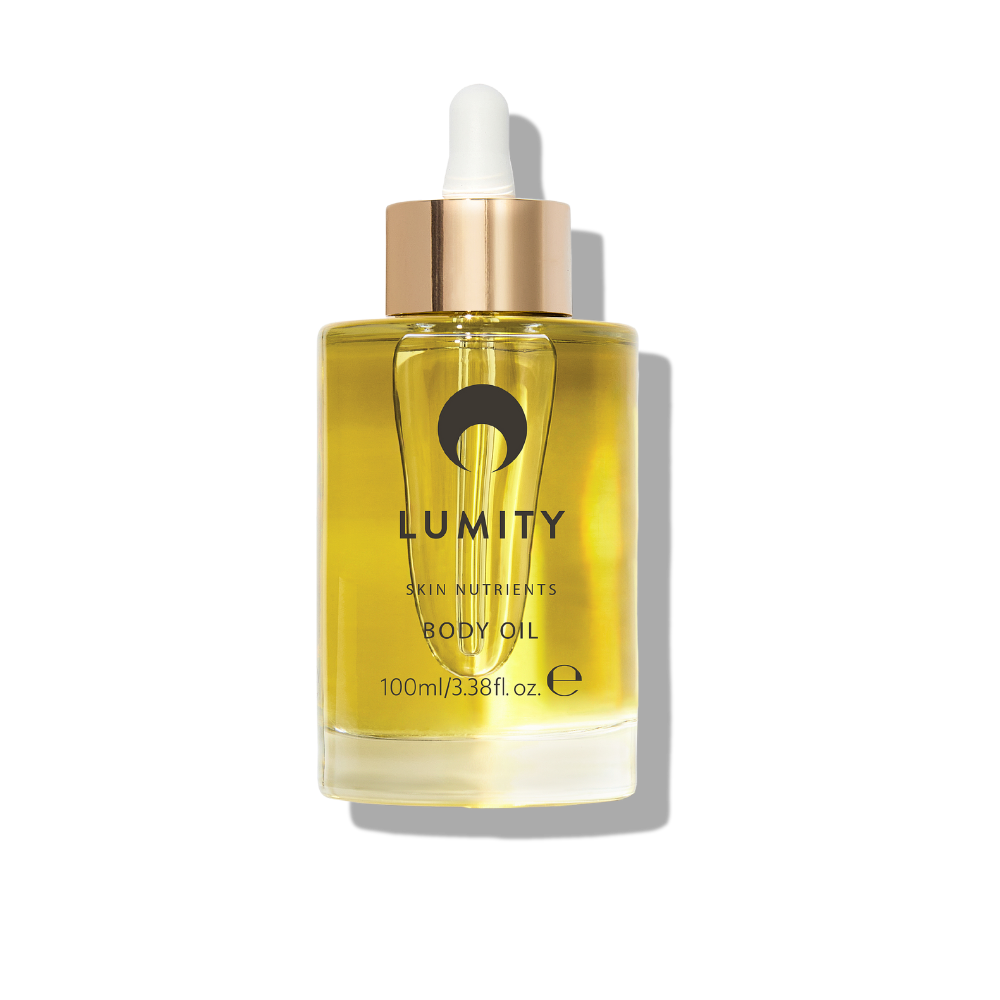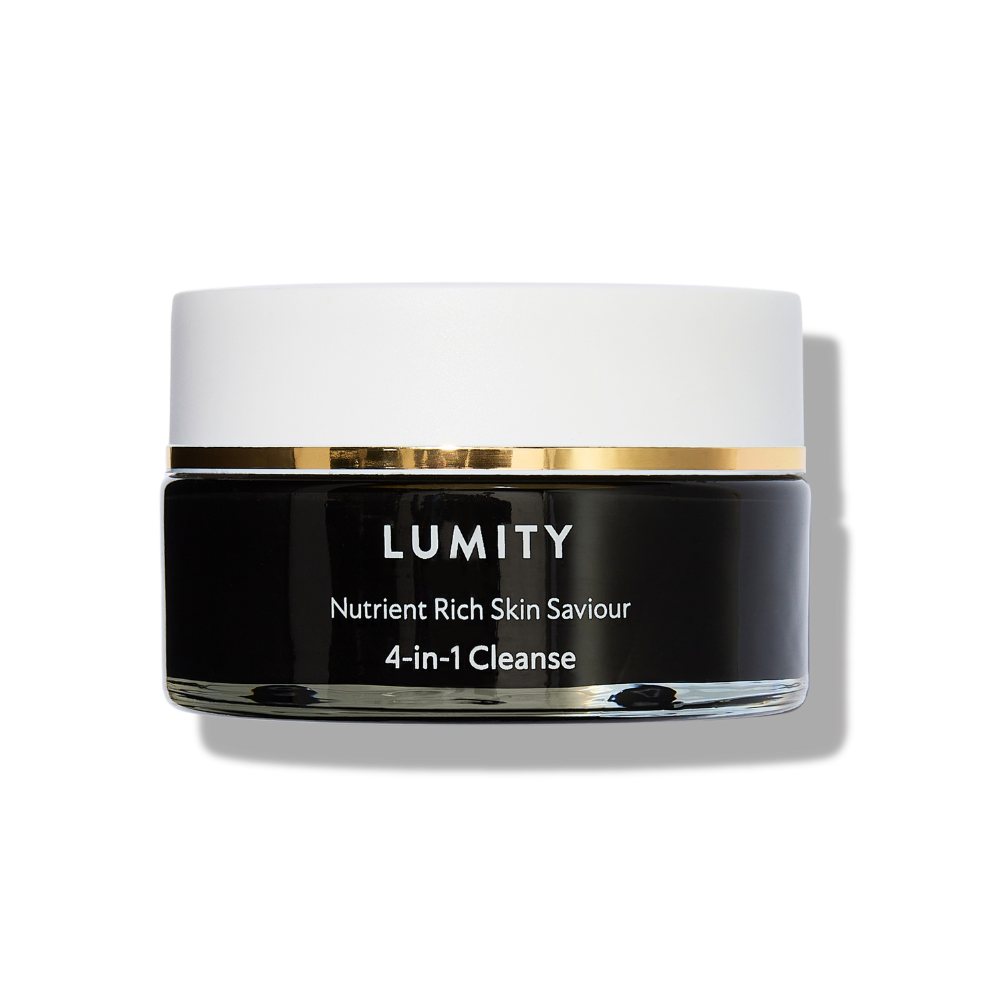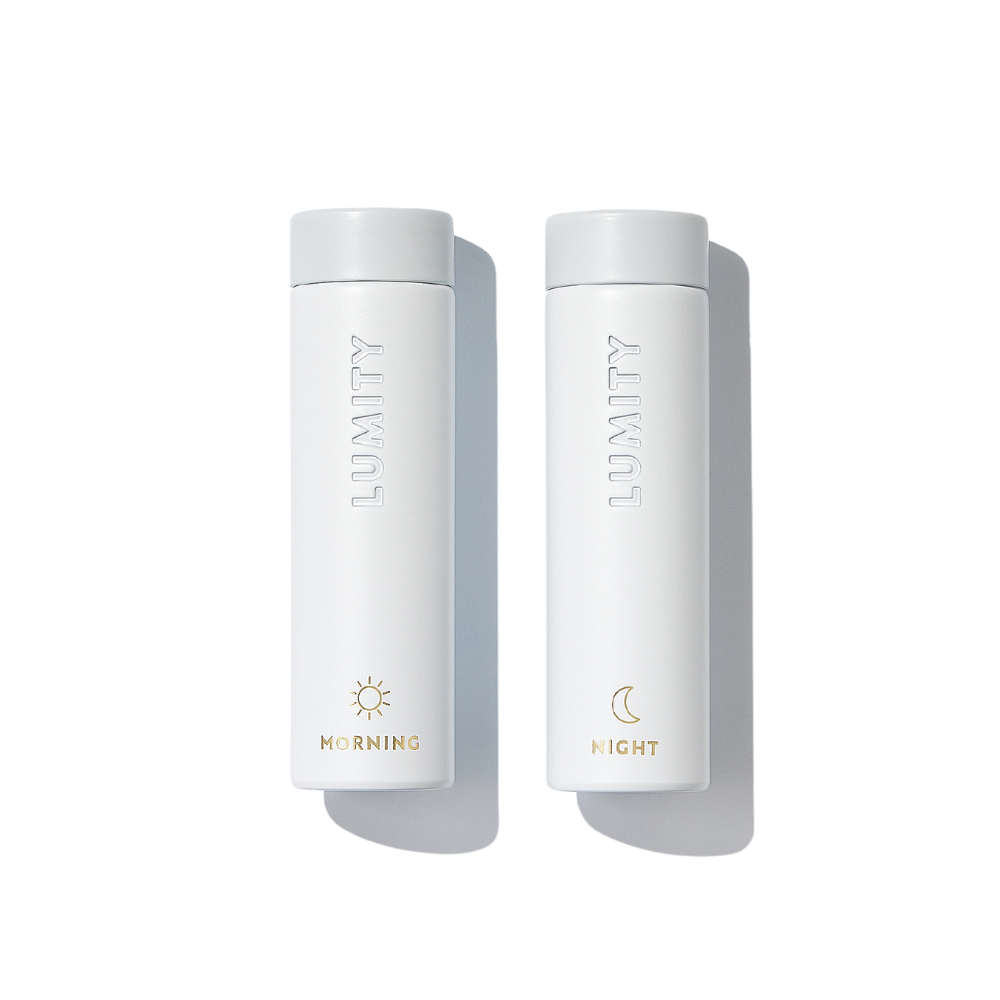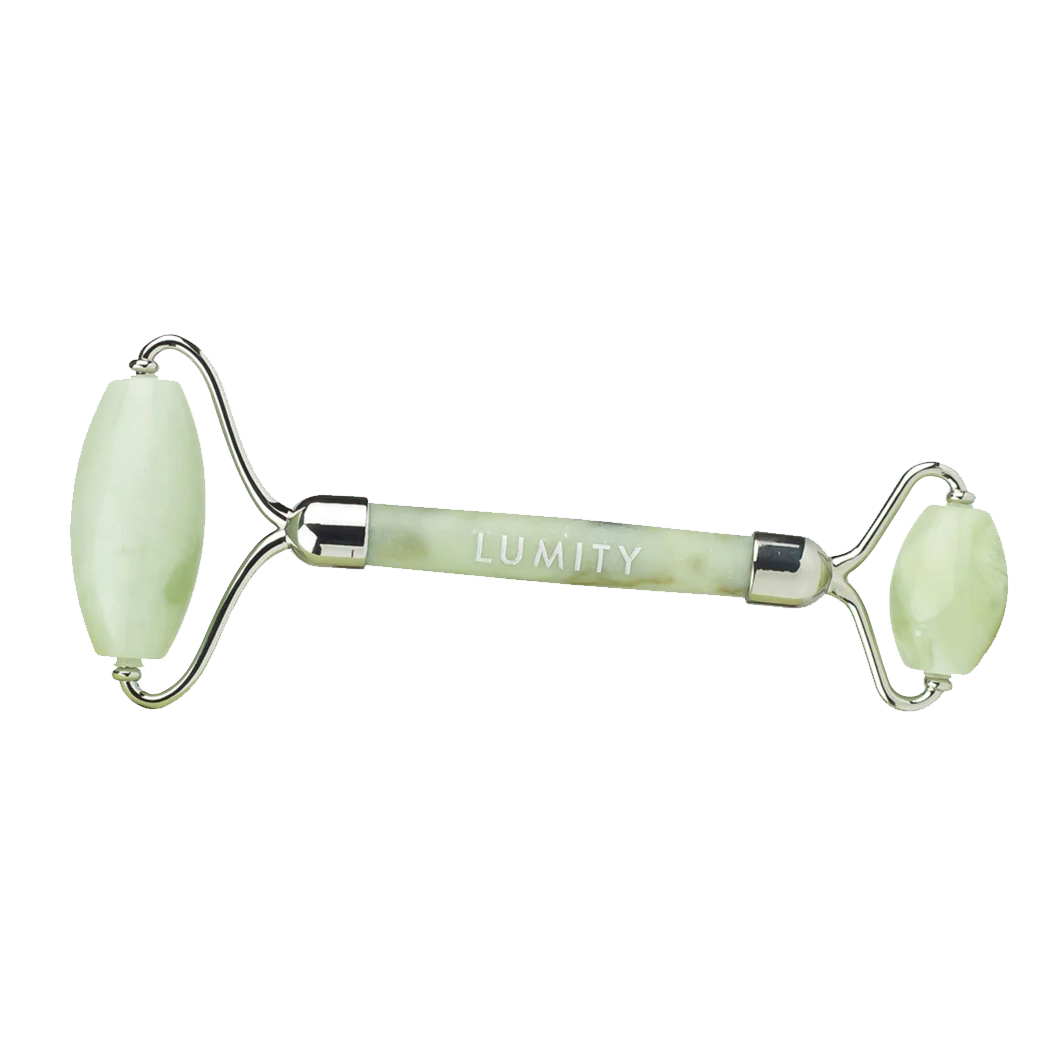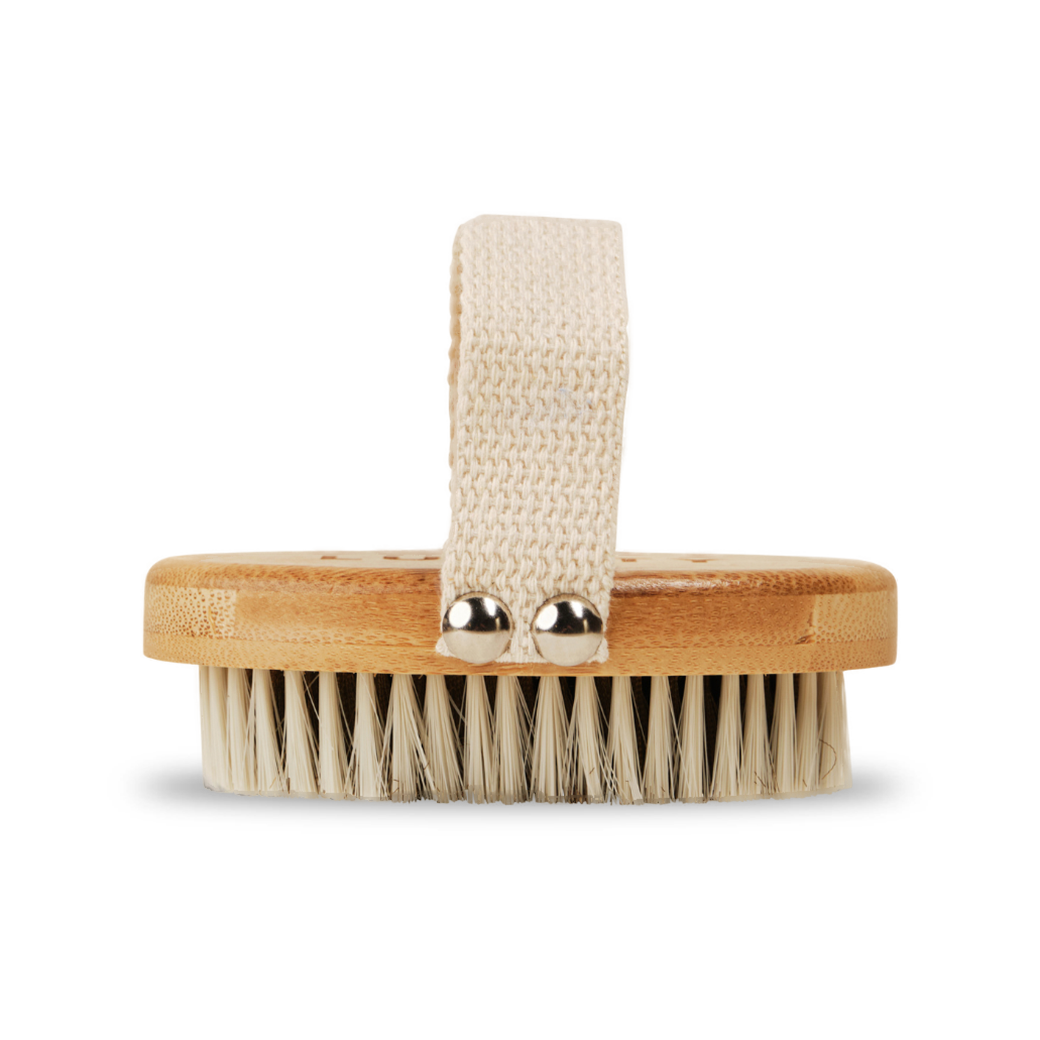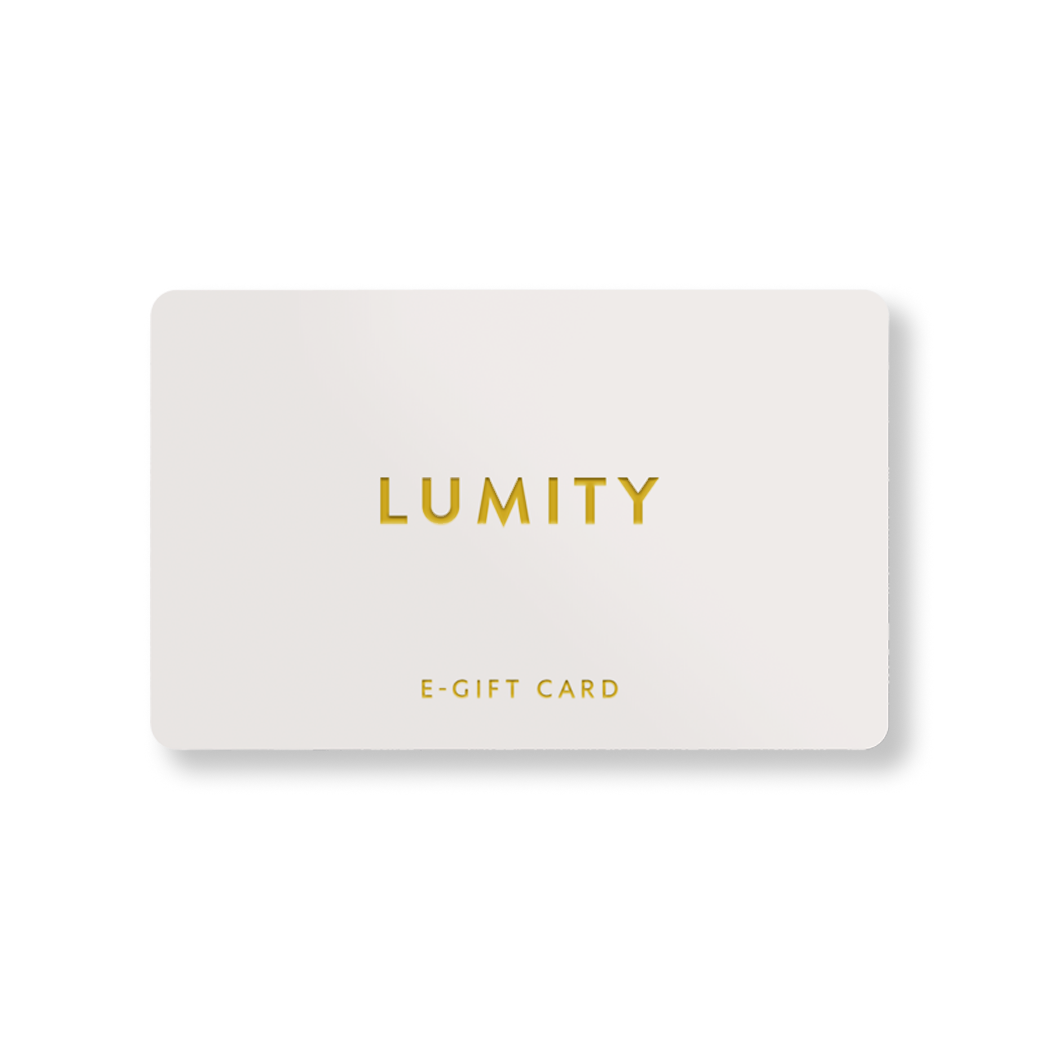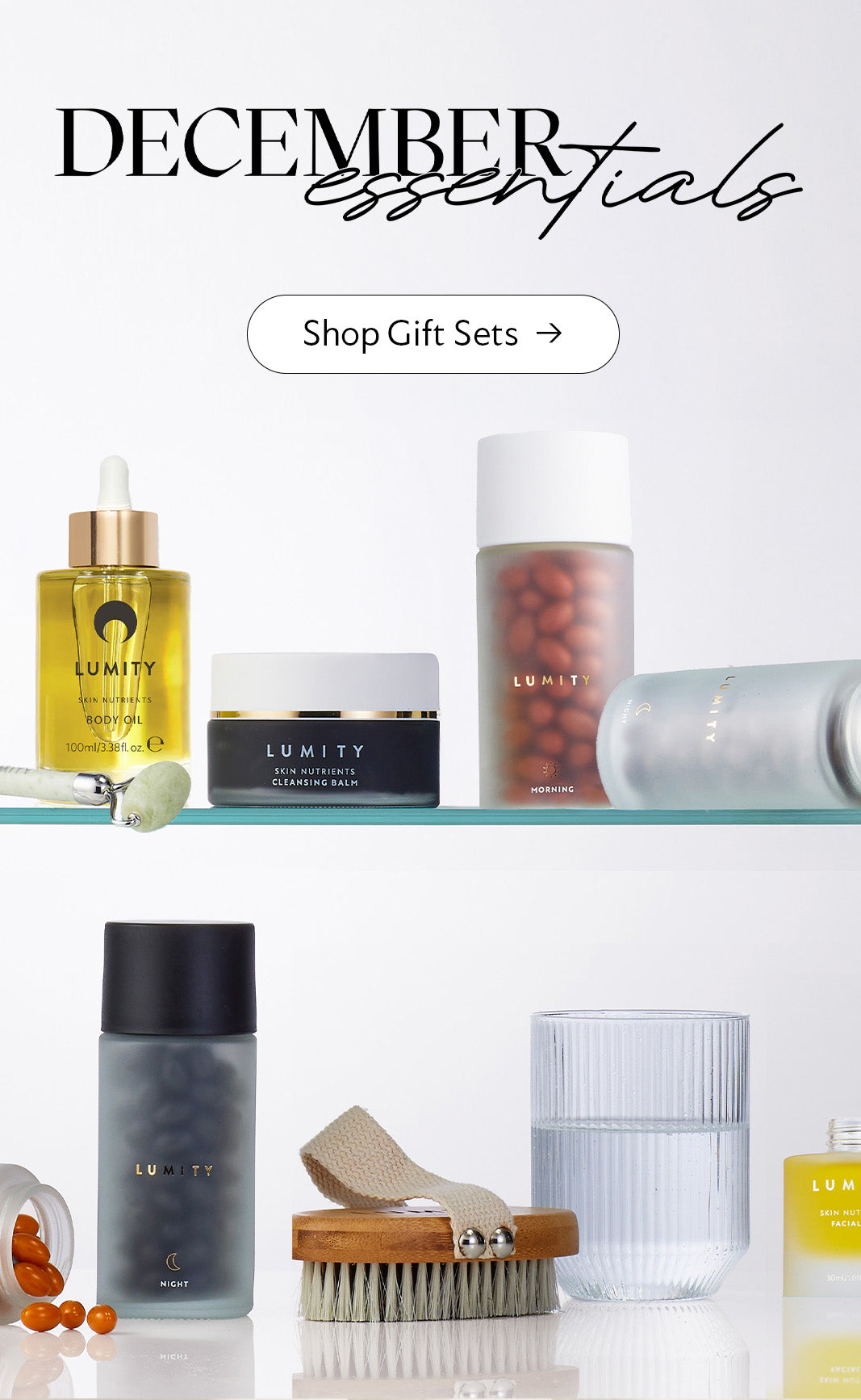
Skin supps: The biggest hitters you can buy right now
In the UK, supplements are treated like food, rather than medicine, meaning, legally, they only have to be safe for consumption and not misleadingly labelled. So however magic your magic pill, the chances of it being equal or superior to a healthy lifestyle with a nutritious diet, a god amount of sleep and low stress levels are slim to none. 'I recommend trying to obtain as much as nutrition through diet as possible and supplementing only when needed', says Dr Alexis Grantine, consultant dermatologist at cosmetic clinic Mallucci London.
The problem is that to reach the nutrient reference value (NRV) of some vitamins and minerals, you'd need to buy up the entire fruit and veg aisle at your local supermarket. NRV is the European standard that has replaces the RDA (recommended dietary allowance) and indicates the bare minimum level of a nutrient you need in order to avoid the types of diseases not seen since the Middle Ages. Optimal nutrient percentages (that's the actual amount contained per daily serving, listed next to the NRV) are better marker of quality: far exceeding NRV levels, they aim to actually improve your health and looks. They're safe, as maximum levels are legally determined. 'Make sure you stick to the maximum daily serving, especially with vitamins A and B6 and iron, which can build up in the body to dangerous levels', says Shabir Saya, natural health specialist at Victoria Health. There are cases where food alone doesn't cut it. 'To reach a sufficient amount of glutathione, the mother of all antioxidants, you would have to eat at least 3kg of asparagus, which is one of its richest sources,' says aesthetic specialist Dr Galyna Selezneva. 'So, if you are deficient, you're better off taking a prescribed dose.' For patients with long-term medical issues, she recommends a baseline blood test to find the deficiency before prescribing the relevant supplements.
Dr David Jack, a Harley Street aesthetic doctor, sees supplements as an insurance policy that should be considered a long-term practice if they're to have noticeable results. 'I have some patients in their seventies who have been taking vitamin C for over 30 years, and sometimes the results can be quite astounding compared with those of their age-group peers who haven't supplemented,' he says. In fact, the difference was so impressive that it inspired Dr Jack to include supplements in his eponymous skincare line. 'In my opinion, topping up your topical skincare with supplements to ensure you get enough vitamins is never a bad thing, even if you have a healthy lifestyle."
What supp?
If you're looking to add supplements to your beauty routine, it's best to begin by thinking about your skincare concerns and seeing whether there's a potential link to any nutrients lacking from you diet. If you swerve meat and fish, you may need to supplement with omega-3 - try Udo's Choice Ultimate Oil Blend, 312.99, a vegan source of omegas 3,6 and 9 - which controls inflammation and boosts fatty acids. Not been hitting that elusive 10 a day? Target some antioxidants. 'These are a must in a polluted environment,' says Saya.
Co-enzyme Q10 is among the most impressive and sough after antioxidants as are astaxanthin and curcumin the active in turmeric). As well as helping you look the part, they combat the low-level inflammation at the heart of degenerative conditions, such as Alzheimer's diseases.
Studies show that ingesting acid can improve dry skin - we're talking the hyaluronic kind. There's evidence that high doses benefit the skin by hydrating it more and faster than other organs and tissues. Experts recommend 200mg a day as opposed to the average 50mg you find in most supps. Only tiny molecules will be absorbed into the skin cells, so look for the words 'low-molecular' or 'multi-molecular' weight. Fountain The Hyaluronic Molecule, 328, will target skin cells to synthesise hydrating hyaluronic acid, plumping skin from within.
Considering collagen? For a drink or pill to have any chance of improving the state of your skin, hair and nails, you need its collagen peptides (collagen fragments that, once in the bloodstream, signal to organs, including the skin, to produce more collage) to reach the small intestine intact, according to pharmacist Pupinder Ghatora of Ingenious Beauty. 'That's the site of maximum absorption,' he adds. Ingenious Beauty capsules have a patented shell that ferries peptides through the stomach in one piece; they're then absorbed into the blood from the small intestine. ' This makes sense,' says Daya. But the jury's out on whether it actually works.'
Just as you would when picking up a food product, check the label. Some supplements have filler products (which serve little to no purpose in the body, they're generally there to make supplement production easier and cheaper), and ingredients are listed in order of quantity, so ensure the active compounds you want appear high up. Microcrystalline cellulose, maltodextrin and modified starch are examples of fillers; as a rule of thumb, the further down they are on the list, the more absorbable and well-considered tour supplement likely is. Capsules generally allow for fewer fillers than tablets. Magnesium stearate (not a source of good-for-you magnesium) is a common filler and 'flow agent', which helps a supplement mix move fluidly through manufacturing equipment - and your body, if you catch our drift. Spot it anywhere but the bottom of the ingredients list and Ghatora warns that the supplement will pass right through you, too. Beware. Rice flour is an alternative flow agent that doesn't have these drawbacks.
There's also an argument to punt for brands that back themselves; that is, those that offer a no-questions-asked refund if you don't see an improvement in your skin. Nue Co's website states: 'Our supplements work for 97% of people. If you're in the 3% who don't see results, we'll work with you to find a solution, or give you a refund.' And Skin Accumax says that a customer can request a refund within a six months, but may be asked to complete a short questionnaire and speak to their nutritionist, suggesting that supplements taken alongside weekly Papa John's deliveries and family-sized Dairy Milk bars are doomed to fail.
As for the future of beauty supplements, the industry is moving fast and consumer is growing more savvy. 'Expect to see a more analytical, personalised approach,' says Buchanan. 'Baze is a case in point. Users complete a self-sampling blood test that is sent for scientific analysis to identify lacking nutrients. Baze then makes the results available to you a four-week supply of vitamins tailored to your health profile. You can imagine in the future that this could also extend into beauty-specific benefits. Rather than just pretty Instagram fodder, candidness, education, science-backed ingredients included at optimal percentages and a personalised approach is where skin supplementation is headed - and what consumers want. Watch this space.
Lumity
£90 (for 28 days)
Supports skin function and boosts immunity with day supplements that protect and night pills to repair.
*The inclusion of an external website or publishers article from should not be understood to be an endorsement of that website or publisher (or their products/services).

